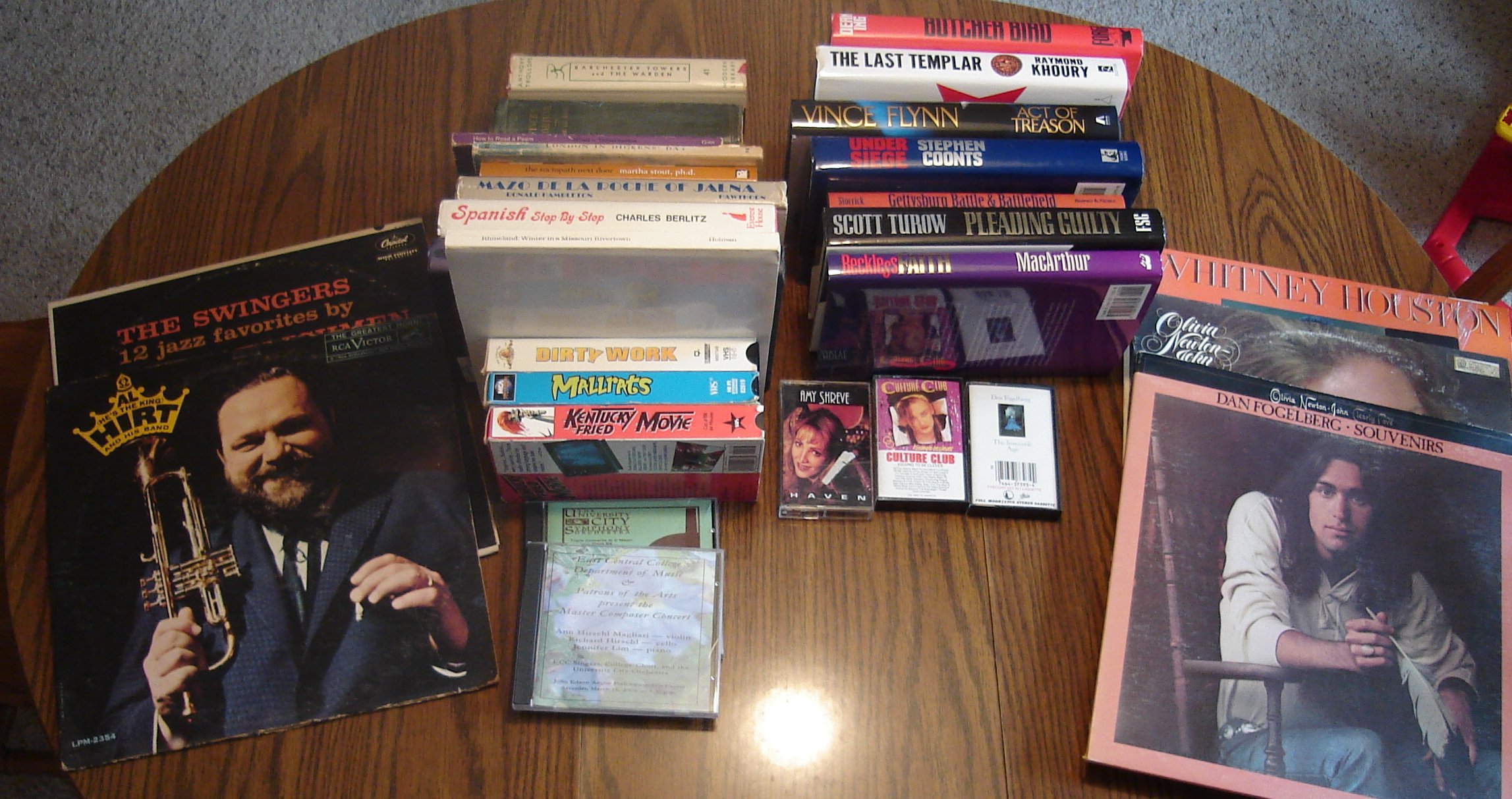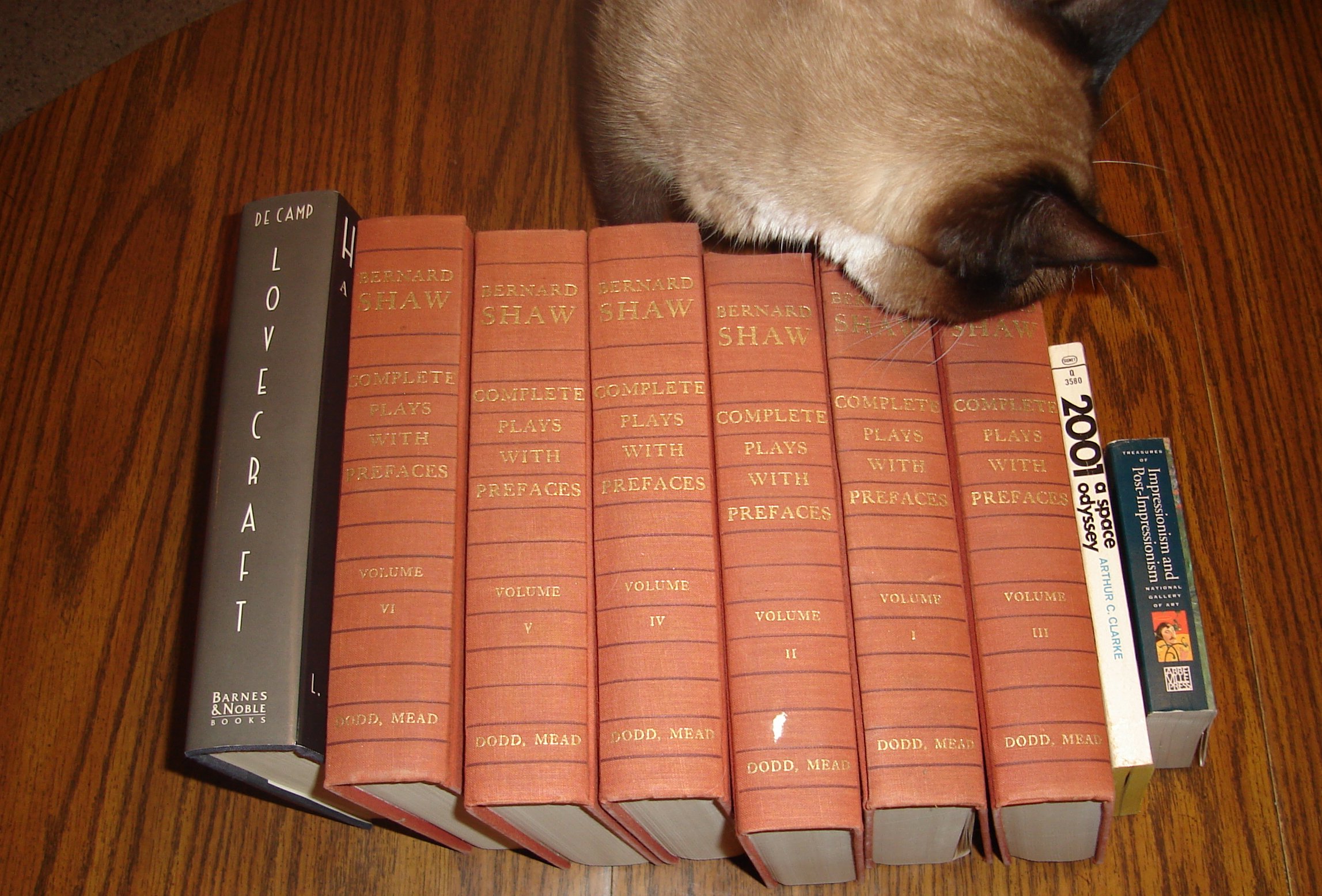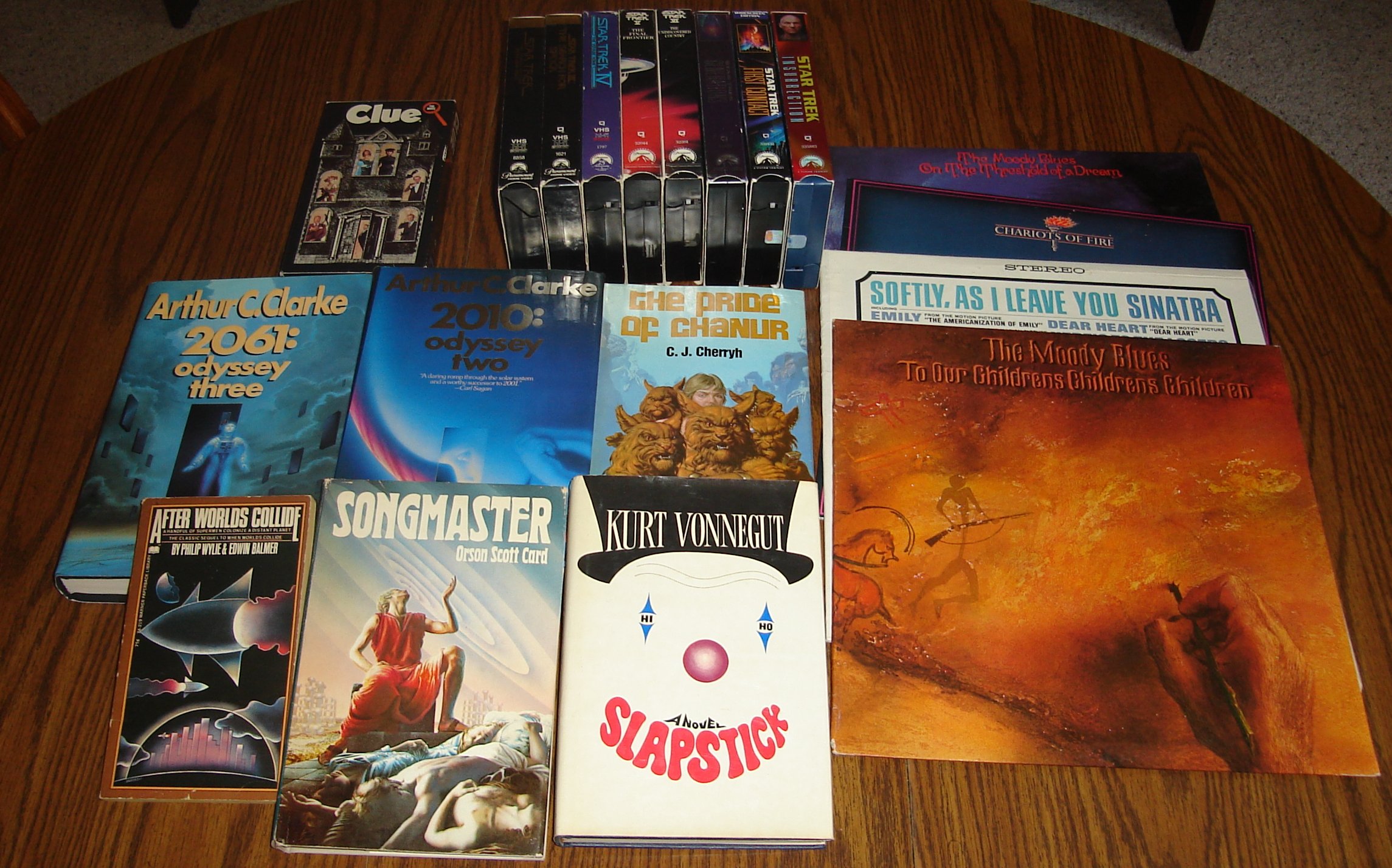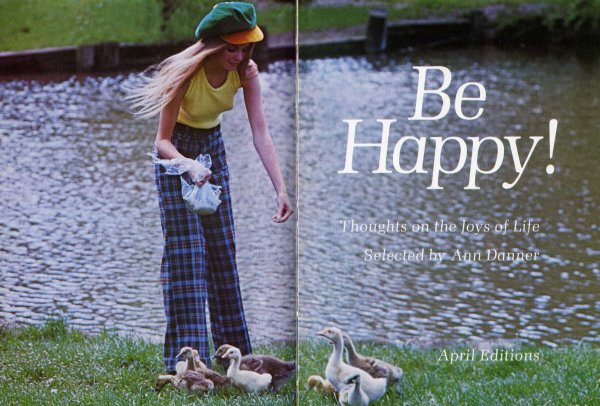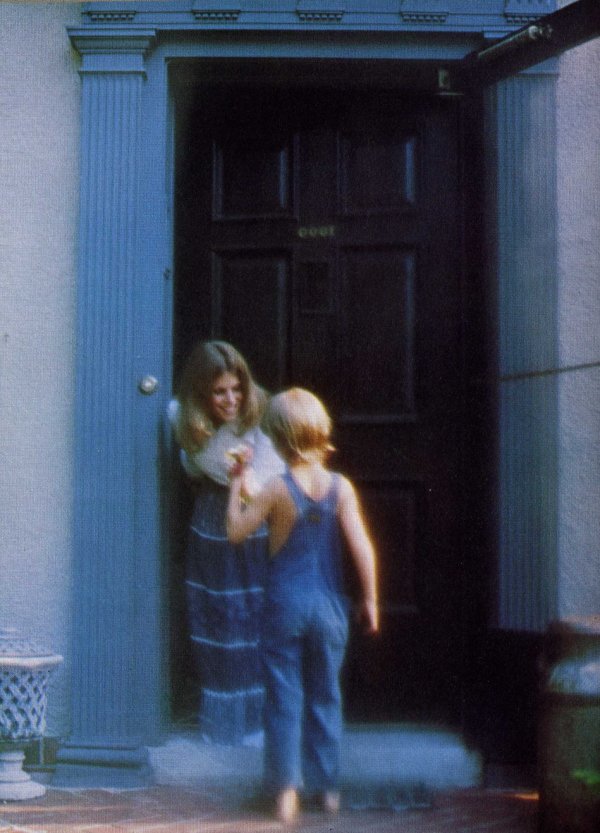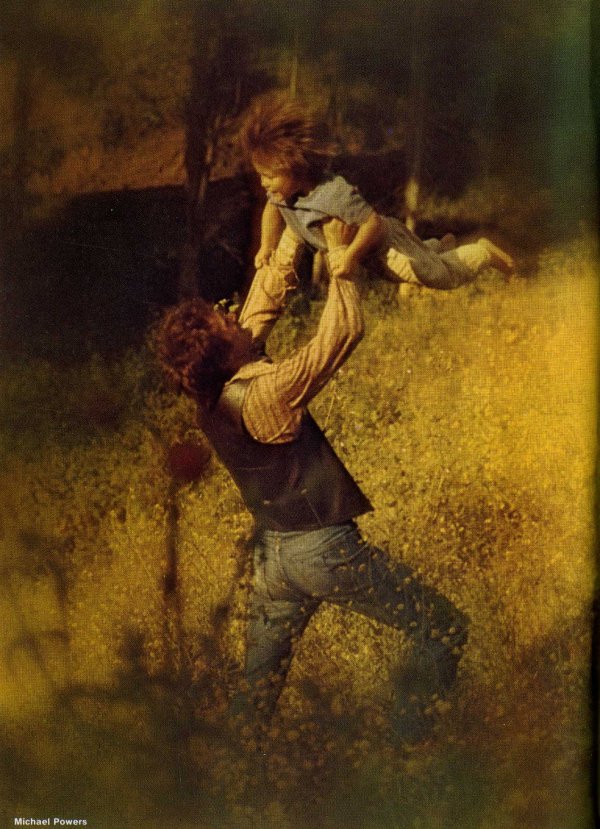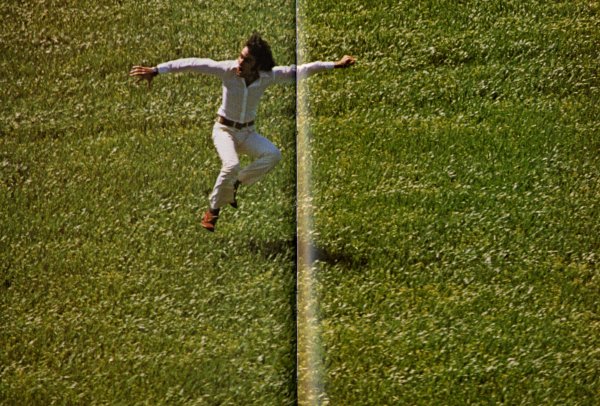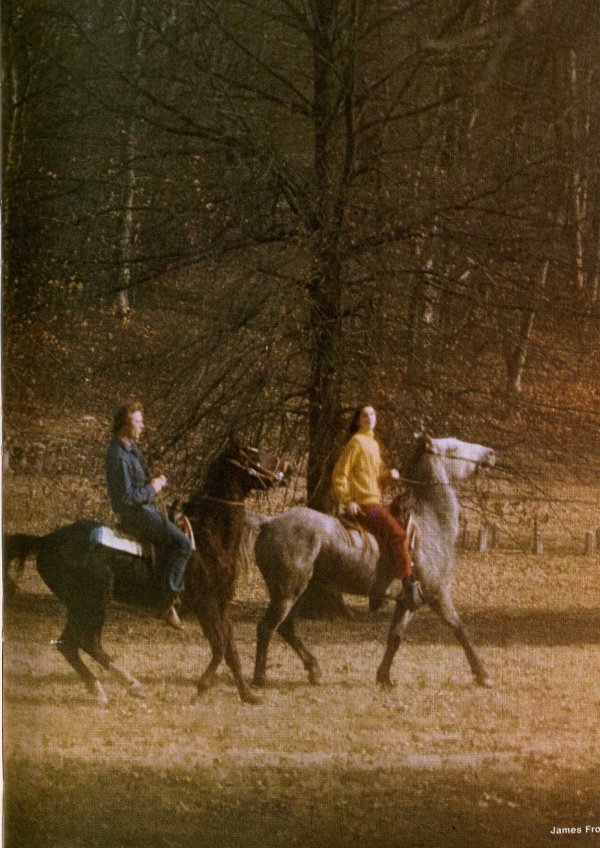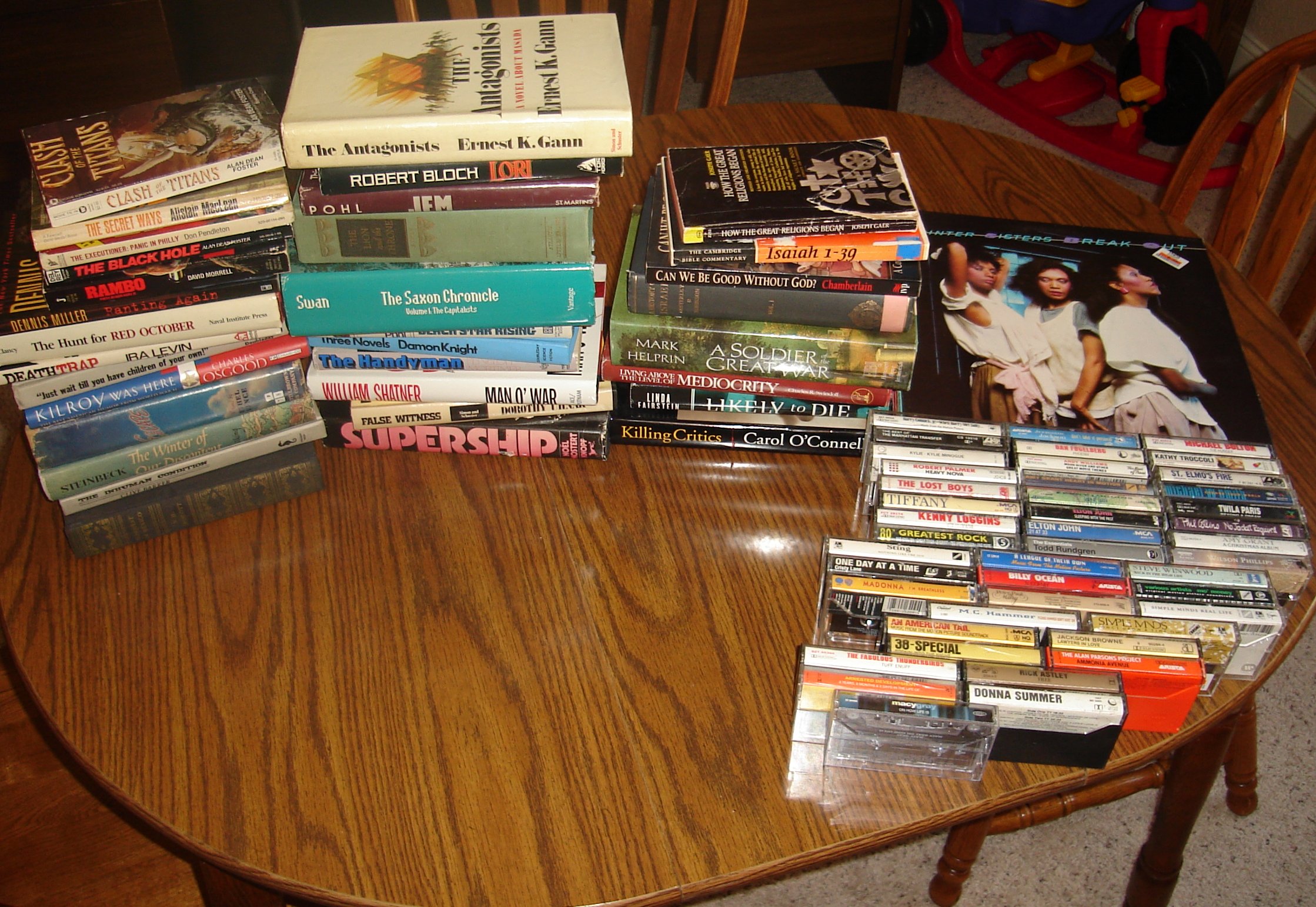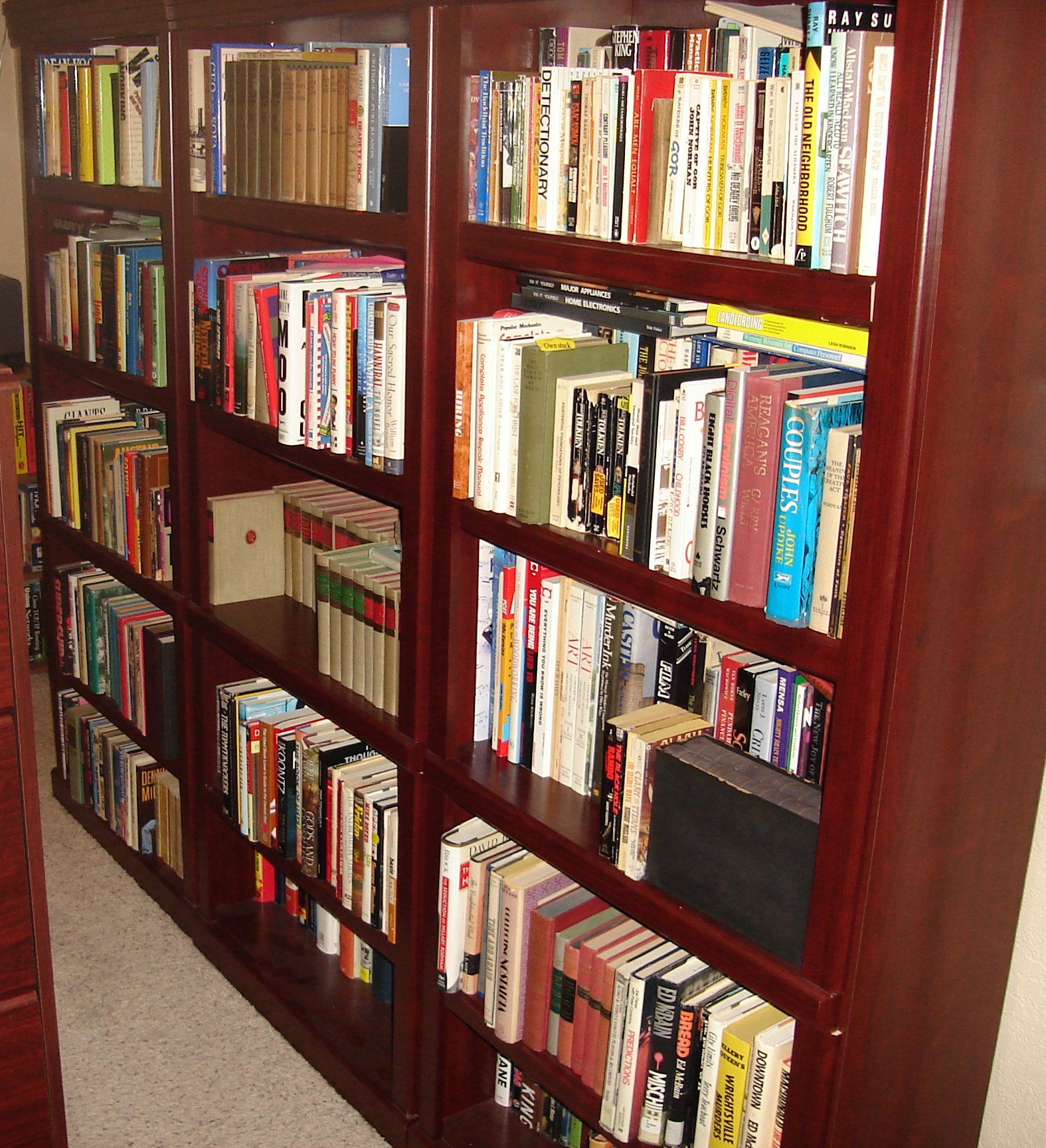Good Book Hunting: September 22, 2007
This week, we went exclusively to yard sales and the local elementary school PTO rummage sale. Here’s what we got:
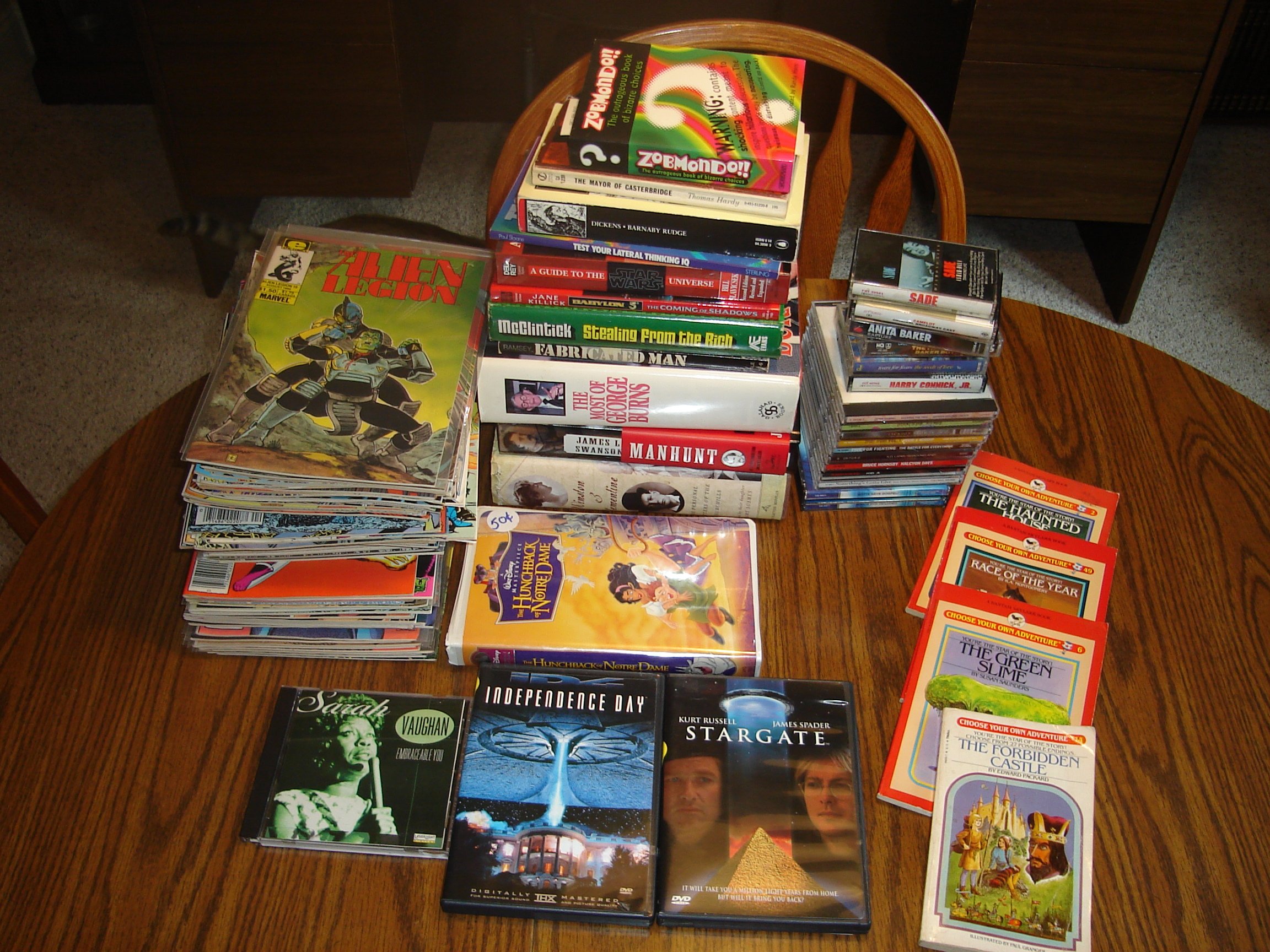
Click for full size
- A box of 94 comic books, including a number of Marvel mutant titles and GI Joe issues from the middle 1980s. They were marked a dime each or fifteen for a buck; how could I choose? I didn’t; I took the whole box, including the duplicates. I blame it on the fact that I watched Mallrats last night.
- Zobmondo!, a collection of those silly question things to share with your partner.
- The Mayor of Casterbridge by Thomas Hardy, because I am on a sudden 19th century British lit kick.
- Barnaby Rudge by Charles Dickens, because I am on a sudden 19th century British lit kick. Honestly, I’d rather have handsome hardbound editions of both of these books, but if I need to read them first in paperback, so be it.
- Test Your Lateral Thinking IQ; a quiz book for a quarter. Maybe it will feed my ego, maybe it will teach me something, but at worst it will only have cost a quarter.
- A Guide to the Star Wars Universe; sure, it’s not the Star Wars portal on Wikipedia, but it’s a book, so I’ll be able to geek out after the apocalypse.
- Babylon 5: The Coming of Shadows; I have seen like five minutes of Babylon 5 in my life, and I’m buying a book tie-in? I blame it on book-acquisition-drunkeness.
- Stealing From The Rich; apparently, a true story of some financial skullduggery in the oil industry. I’ll learn something, surely.
- Fabricated Man, a textbook on the ethics in creating life/genetic engineering and whatnot.
- The Most of George Burns, a collection of several of George Burns’s books. I’ve not read any of his work, oddly, but I found his television show to be riotously funny half a century after it appeared on television.
- Manhunt, the story of the twelve day hunt for Abraham Lincoln’s killers. I think I read an article, excerpt, or review of this book in a history magazine this year.
- Winston & Clementine, Winston Churchill’s letters to his wife. Given his life, these must be very interesting. Still, I should probably read some of his formal writing that I have lying around here first.
Additionally I picked up a VHS copy of Disney’s The Hunchback of Notre Dame to satisfy my own morbid curiosity, DVD copies of Independence Day and Stargate (at $2 each, but for charity), and a CD collection of Sarah Vaughan. Heather got some CDs (at a quarter each, we probably should have bought them all and just tried the other stuff out) and some cassettes. The boy got, through our agency, a number of Choose Your Own Adventures.
Well, that should hold me for a couple weeks scattered across the next couple of decades.



